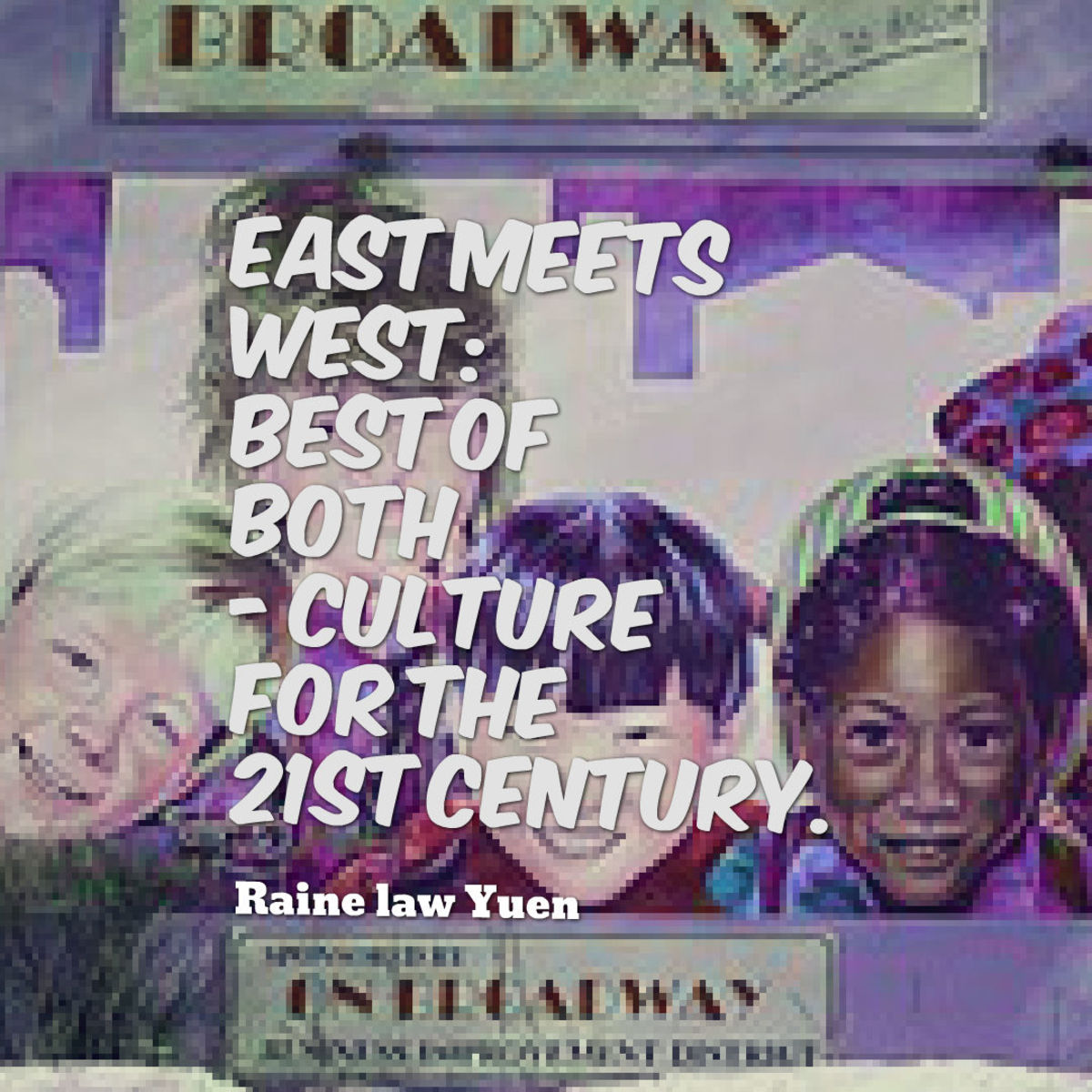On Progress
Introduction
The soul of the modern world is torn in two. We have progressed unimaginably far but learned embarrassingly little. This has been the reality for many decades, regardless of whether our societies have realized it or not. The crossroads we are at are painfully obvious, though, and we are seeing a worldwide stir as a result of it. People are afraid. They throw their support behind a new ideology seemingly every day when yesterday’s ideas inevitably fail. They enjoy the fruits of modernity while desperately attempting to reconnect with their ancient history. They fret over the future while totally ignoring the present. They pretend to be experts in everything while crying inside from crushing cluelessness. This we must cease, lest we devolve into a state of utter chaos that we may not emerge from for a very long time.
Technology & Progress
All this insanity comes from an ever-growing discontent that simply cannot be fixed by technology. We have at our fingertips a bounty of abilities that our ancestors wouldn’t even be able to dream of. However, we haven’t the faintest idea how to wield it all. Perhaps it is this that is ripping us apart; we have the capabilities of gods, and we still cannot help but live like apes. There then arises the issue of how to counteract the nasty tendencies we remain plagued with. What can ever be done to break our self-imposed servitude when the chains are so deeply ingrained? How can we ever progress away from the catastrophe that is our reality? The answer lies in reconsidering how we go about progressing anywhere at all.
Unity & Progress
Progress comes not only with the ever-bettering of our objects and equipment. It also must come with an intensely personal pairing from within; that is, we need to make sure we pay as much attention to inner progress as outer progress. No functioning society can ever be built on the back of a divided and resentful citizenry. Only cultural unity and individual maturity may breed long-lasting prosperity. This much has been the truth for all of human history, and it is not to change any time soon. The current world we inhabit has lost much of its unity and maturity, though, and has fallen victim to incessant divisiveness. The West, for example, was once unified ideologically by absolute monarchism, constitutional monarchism and modern republicanism at different points in its history. Now, the current political order is being ripped to shreds by populism, nationalism and extremism. Christianity used to hold a death grip on the entirety of the West, but now, it hasn't a thousandth of the power it used to have. Philosophically, new ideas were being introduced all the time in the 18th and 19th centuries. Now, barely anyone even holds a solid understanding of what philosophy is. We are fractured into a million different ideological pieces, and this disunity has led to our unmissable decline.
The Solution
Cultural harmony and the ability to pursue individual fulfillment are the sacred gateways to real progress. Of course, achieving such tall orders is easier said than done. Thus, it must be explored how we are to go about tackling such a monumental task. First, we must recognize the importance of the religious sphere of life. Those already tied to a faith know very well of the importance of nursing and exploring spirituality. However, the grand and inflexible religions of Abraham that now dominate billions of people have clearly done more harm than they have good, especially in recent years. In truth, no religion that artificially extends out from its homeland can do much but damage cultural clarity. The ethnic religions of old, when understood as tools to understand our inner selves and not our outer world, present themselves as excellent alternatives for those seeking spiritual stability. In the same vein, promoting the locality of our lives helps to ensure peaceful and sturdy societies. Overextension is not an option when cultural and political units are scaled down to the local level. In addition, this promotes a much-needed diversity among our most important systems so that we may all learn from one another and flourish. Naturally, globalization is not wholly a force for evil, and the opportunity for worldwide trade, cooperation and cultural exchange is not one to be ignored. Simply put, there are many ways we can allow ourselves to progress in all other facets of life as technology inevitably gets better.
The Alternative
This all raises the question of what will happen if this does not come to pass. Of course, the world could easily continue on its current course. Its soul could drown with the weight of ever-increasing technological prowess weighing it down. It could devolve into the same level of ceaseless war and absolutist authority as that which one ruled unopposed. It could, despite all its technology, fail to do anything but forge its new tools as weapons to cut one another down in an eternal hellhole of warfare. Perhaps we naturally grow more arrogant as we grow more powerful. However, our tendencies matter not, for to simply blame our failures on nature is to rob ourselves of the opportunity to change.
Conclusion
We must reconnect with the old and still strive towards the new. We must revere the teachings of youth and still keep them under unending scrutiny. We must progress; not just in one way, but in every facet of our lives, so that our species may achieve the greatness that lays at its fingertips.









